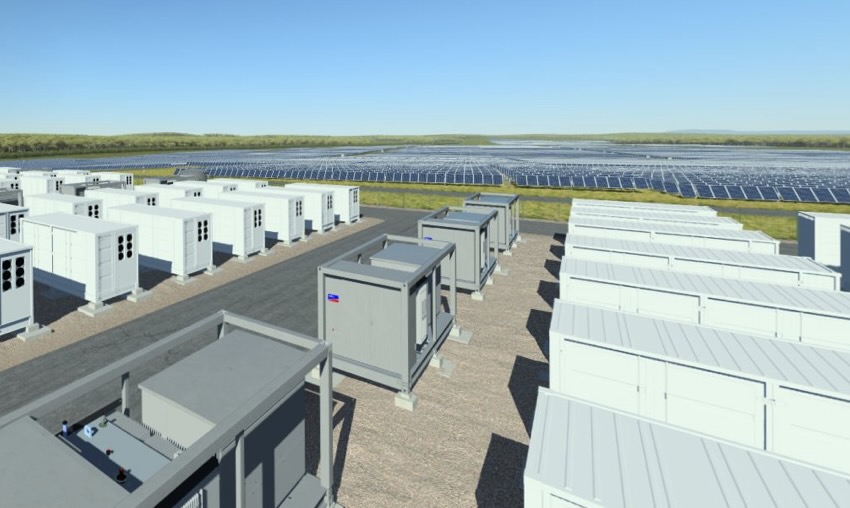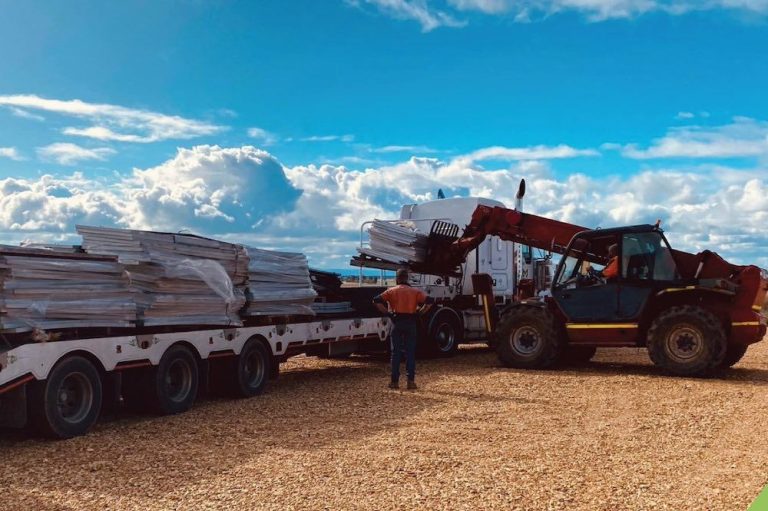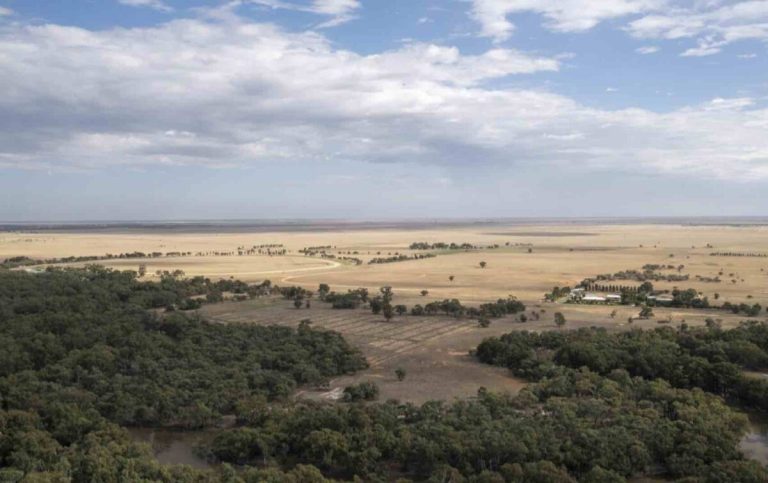Australia Approves Largest Solar-Battery Hybrid Project
Ark Energy has announced that it has obtained state planning approval for its ambitious Richmond Valley solar and battery project, which boasts a potential solar capacity of 435 MW and battery storage of up to 3,175 MWh. This development is set to establish it as the largest solar hybrid facility in Australia.
As a subsidiary of Korean Zinc, Ark Energy has been actively engaged in developing renewable energy sources for its smelter operations in north Queensland, alongside various other projects across the nation. CEO Michael Choi highlighted that the Richmond Valley solar hybrid project has been in the works since 2019. In late 2023, it was recognised as one of the successful bids in the state government’s long-duration tender, aimed at modernising the ageing coal power infrastructure.
Significant Tender Win
The tender win included an eight-hour battery component, amounting to 275 MW and 2,200 MWh, marking the largest contract of its kind awarded to date. The recent state planning approval, however, permits a solar farm of up to 435 MW (ac) and a battery capacity of 475 MW and 3,148 MWh, accounting for potential degradation.
Choi expressed optimism about the project, stating, “The Richmond Valley Solar and BESS site is in an excellent location, and the project will play an important role in supporting the state’s energy transition.” This marks Ark Energy’s second project approval in New South Wales, as the company awaits final approvals for the initial 335 MW phase of the Bowmans Creek wind farm, situated within the Hunter-Central Coast Renewable Energy Zone. This wind farm received state planning approval from the Independent Planning Commission last year.
Community Benefits and Job Creation
Ark Energy has engaged Spanish firm Elecnor as the early works contractor for the Richmond Valley solar battery hybrid project, with construction set to commence early next year. The initiative is expected to generate 327 jobs during the construction phase and create up to 15 ongoing operational positions.
Additionally, the project aims to benefit the local community through a proposed $11 million Voluntary Planning Agreement with Richmond Valley Council, which could finance community projects such as halls, sports facilities, libraries, parks, and playgrounds.
The hybrid nature of the solar battery project, featuring eight hours of storage, allows for solar energy to be retained on-site rather than being sent to the grid when demand is low. This stored energy can then be dispatched during peak evening demand.
Impact on Energy Costs and Emissions
Planning Minister Paul Scully remarked on the significance of projects like the Richmond Valley Solar Farm, stating they are essential for reducing energy costs, lowering emissions, and ensuring long-term energy reliability. Once operational, the project is projected to supply power to approximately 175,000 homes annually, which is enough to meet the energy needs of every household in the Northern Rivers region, as recorded in the 2021 census, plus an additional 31,000 homes.
Furthermore, the inclusion of battery storage means that even during periods of low sunlight, the stored energy can still be dispatched to the grid, enhancing energy security.






